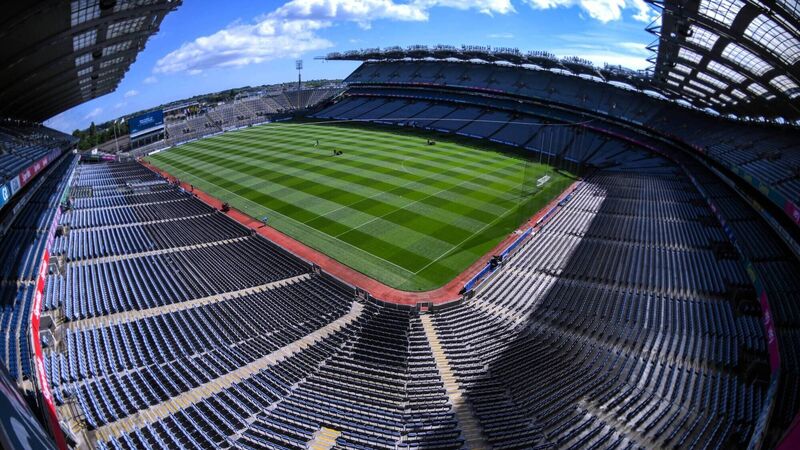John Fogarty: GAA edges closer to all-out referee strike

WATERSHED MOMENT: A general view of Croke Park. Annual Congress in February must be a watershed moment for the GAA where they illustrate once and for all that respect for referees is not just obligatory but mandatory. Pic: Stephen McCarthy/Sportsfile
It’s 10 years now since an organisation to represent the needs and interests of GAA referees was established.
Living in south Tipperary, Limerick man and umpire Alan Nash was prompted to set up the Gaelic Match Officials Association after strong responses to a welfare-based questionnaire he issued to referees across the country.








